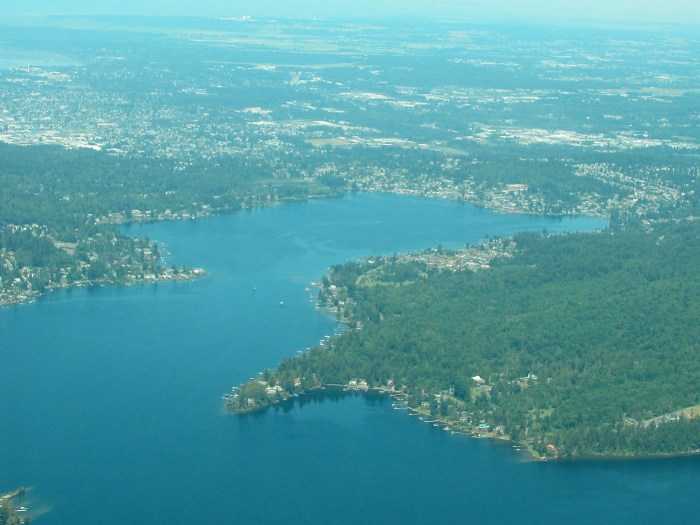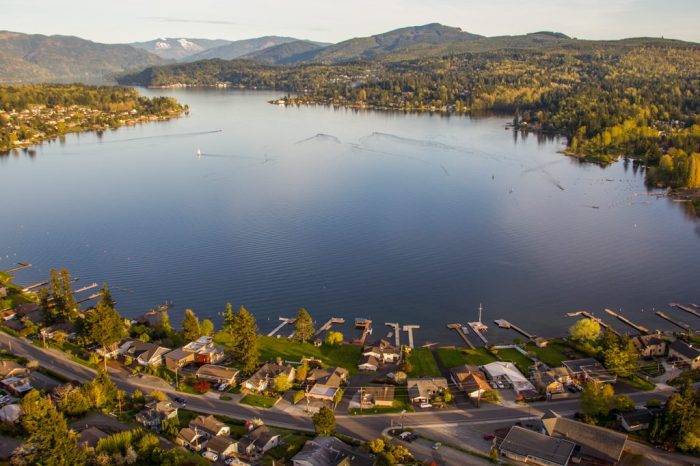Remediation efforts for lake whatcom – Lake Whatcom, a vital resource for the Bellingham, Washington area, has faced significant environmental challenges. This article delves into the comprehensive remediation efforts underway to restore the lake’s health, exploring the strategies, technologies, monitoring, and stakeholder involvement that underpin this critical undertaking.
The restoration of Lake Whatcom is a complex and multifaceted endeavor, requiring a concerted effort from various stakeholders, including government agencies, environmental organizations, and the community. This article provides an overview of the remediation efforts, highlighting the challenges and successes encountered along the way.
Lake Whatcom Remediation Efforts

Lake Whatcom, a pristine lake in Washington state, has been impacted by various sources of pollution over the years. Remediation efforts are underway to restore the lake’s health and protect its ecological significance.
Sources of Pollution, Remediation efforts for lake whatcom
The primary sources of pollution affecting Lake Whatcom include:
- Agricultural runoff: Fertilizers and pesticides used in farming can enter the lake through stormwater and groundwater.
- Urban runoff: Pollutants from roads, parking lots, and rooftops are washed into the lake during rain events.
- Industrial discharges: Wastewater from industries can contain toxic chemicals that harm aquatic life.
- Septic tank systems: Failing septic tanks can release untreated wastewater into the groundwater, which can eventually reach the lake.
Goals and Objectives
The remediation efforts for Lake Whatcom aim to:
- Reduce nutrient loading to improve water quality and prevent harmful algal blooms.
- Control sediment runoff to reduce turbidity and protect fish habitat.
- Minimize toxic chemical contamination to safeguard aquatic life and human health.
- Restore native plant and animal populations to enhance biodiversity and ecosystem health.
FAQ Guide: Remediation Efforts For Lake Whatcom
What are the primary sources of pollution affecting Lake Whatcom?
The primary sources of pollution affecting Lake Whatcom include agricultural runoff, stormwater discharge, and industrial effluents, which contribute nutrients, sediments, and toxic chemicals to the lake.
How are the remediation efforts funded?
The remediation efforts for Lake Whatcom are funded through a combination of federal, state, and local grants, as well as private donations. Innovative funding mechanisms, such as stormwater utility fees and public-private partnerships, are also being explored.
What are the challenges associated with monitoring the progress of remediation efforts?
Monitoring the progress of remediation efforts can be challenging due to the complex and dynamic nature of aquatic ecosystems. Long-term monitoring is necessary to assess the effectiveness of remediation strategies and identify any unintended consequences.

